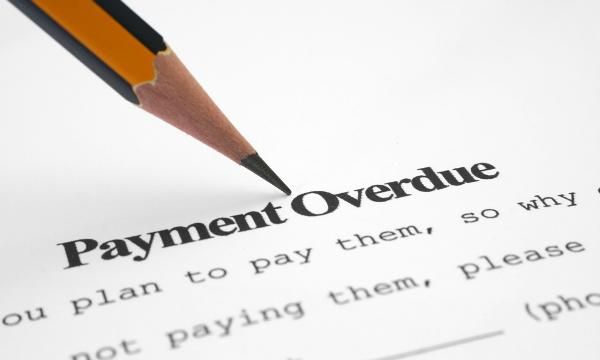
Managing your Accounts Receivable
Accounts Receivable arises when a customer receives goods or services without making a payment at the point of sale. This exposes the business to Cash Flow risks where the payment is not received on time or in a worst case scenario never recovered. This Cash Flow risk is heightened during periods when economic conditions worsen. Therefore, the ability for a business to effectively manage Accounts Receivable could mean positive or negative cash flow for a given period of time, which could be long enough to cause business bankruptcy.
Hence, it is critical for any business that offers credit sales to have a strategy and plan in place to reduce Cash Flow risks by effectively manage Accounts Receivable. To implement this, a few questions below should be considered.
What is your Payment policy and penalties?
First and foremost, ensure your payment terms and conditions are concise and clear. It is more desirable to have a rigid policy and make some exceptions along the way.
Every invoice must have clear guidelines or policies for late payments. For example, your invoice could state that late payment attracts a penalty of 3% of total cost that will be added to the outstanding amount for each day post the agreed due date. As there are negative consequences to late payment, it will encourage your customers to pay on time.
Do bear in mind that enforcement of such methods need to be done tactfully so as not to jeopardise the relationship with your client.
What is your Billing process and what are the payments options?
Your business also needs to ensure the billing cycle is clearly specified and executed promptly. Small and regular cycles tend to get paid sooner.
Moreover, all acceptable payment options must be available to your client to encourage on-time payment. As an increasing number of businesses are paying their bills electronically it is crucial that all relevant payment options and instructions are clearly stated on your invoices to allow prompt payment.
What is the collection process and when does it begin?
Ensure timely collections. For example, for 30 days credit-sale, if on day 31 payment is not yet received, a phone call must be made to follow up with the client.
One of the major reasons for overdue receivables is clients are not prompted to pay on time. A follow up phone call and letter must be part of the process. Phone calls allow two-way communication, to obtain relevant information (i.e. when the client expects to pay, whether there are any issues with goods/services provided or payment instructions). Letters are your formal communication and audit trail of activities.
For any overdue payment, a complete and accurate trail of communication is essential. This will allow close monitoring of overdue payment, when a phone call is required or when legal action needs to be triggered.
What kind of incentive / flexibility is available for shorter period of payment?
To encourage timely payment, one strategy is to offer a discount (incentive) for early payments. For example, offer 10% discount if paid in full within 14 days, at 30 days the full amount is due per agreed terms.
Your business can also use Accounts Receivable as a tradable asset to bring cash in earlier instead of waiting till its due date. Use an invoice trading service provider to sell your receivable at a discount to bring forward the collection cycle. Companies like InvoiceInterchange offers such a service.
How will bad debt be handled?
In the event that a payment is being considered as bad debt, your business must have a clear policy on how to manage this process and also to reduce any future bad debts. A few considerations are:
- Ensure all other orders from the same client are cancelled
- A procedure is in place for when legal action needs to be carried out
- Check for any early signs of non-payment – incorporate this into to the client on-boarding or client review process
- Select upfront a debt collection agency in the event your business wants to pursue payments
- Ensure the write-off is accurately reflected in the company accounts for tax purposes
By ensuring all above questions have been considered and answered, this will enable your business’ Accounts Receivable to be better controlled and managed, hence giving your business every opportunity and the right platform to succeed.
Nalinee Chinowuthichai is the co-founder of InvoiceInterchange, Singapore’s invoice trading platform, where SMEs can flexibly manage their cash flow by selling invoices to a network of investors who compete to provide cash advances.
Related Articles

Boosting Your Business: Top Strategies for Improving Cash Flow

The Ultimate Guide to Receivables Financing: Boosting Your Business Cash Flow
